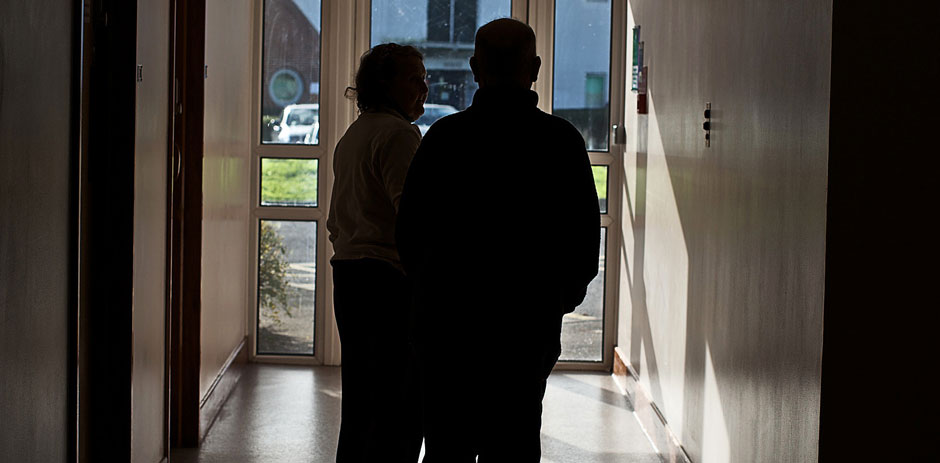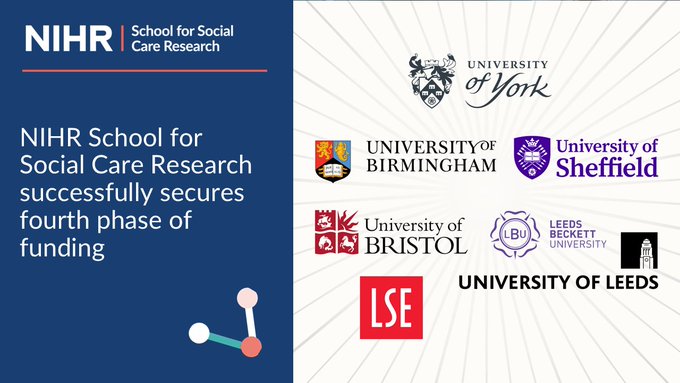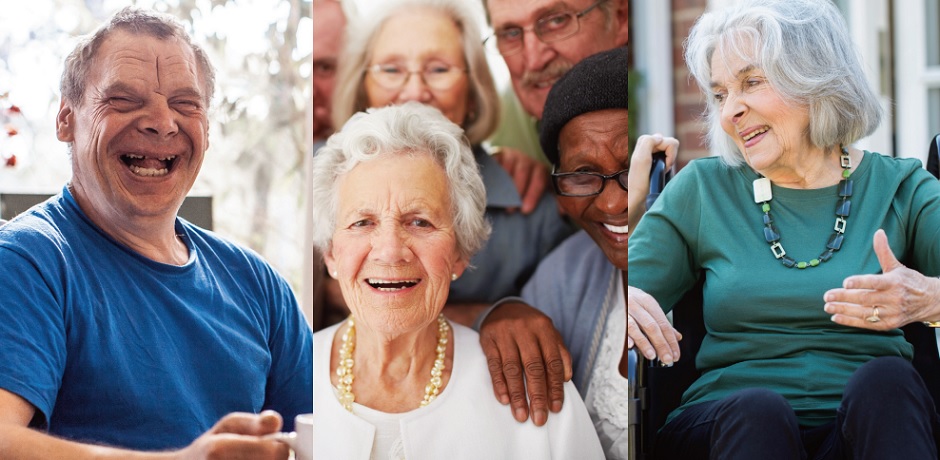)
Mental health service users’ experiences
User-led strategies needed to protect people living with mental health problems from abuse, research finds
New report argues that mental health service users’ experiences must be central to adult safeguarding and to defining disability hate crime
A focus on user-led preventative and protective measures that safeguard people living with mental health problems from the widespread abuse many face is urgently needed, a new co-produced study has found.
The research, a qualitative exploration of service users’ experiences of targeted violence and abuse – often classifiable as ‘hate crime’ – on the grounds of mental health status, found that living in fear of abuse was commonplace.
Service users and staff who participated in the project criticised the “fragmented” systems and structures that comprise multi-agency mental health services as being unfit for purpose in terms of responding to reports of violence and abuse.
Some practitioners also spoke of staff desensitisation to violence and abuse, and of victim blaming that could lead to safeguarding referrals not being carried out.
Austerity-driven service cuts were likely to be accentuating people’s problems in hospital and the community, both groups that participated in the user-led research project, funded by NIHR SSCR, agreed.
Mental health service users’ experiences of risk from others, vulnerability and neglect must be made central to adult safeguarding in order to achieve culture change, the research team, from the Middlesex University London, concluded.
Dr Sarah Carr, now at the University of Birmingham, who led the study, said that because service user and survivor researchers had led and co-produced it, and gathered and analysed the data, the team’s conclusions had broken new ground.
Dr Carr said: “We spent time hearing people making sense of what had happened to them in the context of their personal history. This gave us some important new insights, like the need for adult safeguarding to reach into mental health wards to deal with abuse or neglect from staff.”
She added that there was a “surprising” level of agreement between the different participant groups’ perceptions and experiences of services.
“Staff and service users felt the mental health and adult safeguarding systems to be suffering the effects of austerity, fragmented and incoherent,” she said. “Many said they felt ‘lost in the process’, which was no good for anyone. It seemed as though there are cultures of ignorance, fear and blame where both service users and staff can’t speak up and speak out about violence and abuse from staff in mental health and other services.”
‘Inevitable part of life’
People using mental health services across England, of whom 23 – mostly women – took part in in-depth interviews for the study, highlighted a number of contextual influences on the risk of having to endure abuse.
These included situational and environmental factors – including the socio-economic impact of austerity – as well as the stigma surrounding some diagnoses and a lack of awareness of adult safeguarding, hindering service users’ ability to raise concerns.
Participants also said recognising and reporting abuse could be compromised by them “feeling it is an inevitable part of life; not feeling or being believed because of their mental health status… and believing services will not respond appropriately”.
Nearly all those who recounted a specific incident of mental health-related hate crime also had lifetime histories of experiencing violence and abuse. Yet most, despite suffering negative impacts on their wellbeing, had also developed survival strategies – with many expressing a desire to use these to help others.
Fewer than half of participants had direct experience of adult safeguarding, with most of those who did finding practitioners’ responses inadequate. “Participants were unclear about the role and remit of adult safeguarding in mental health,” the study found. “Those who reported incidents of targeted violence or abuse found services to be ‘fragmented’ and responses ‘haphazard’… they said health and social work professionals sometimes ‘pass the buck’.”
In response to such experiences, service users called for greater accountability – beginning with being listened to – on the part of professionals, and for access to independent peer support and advocacy around navigating mental health, adult safeguarding and criminal justice processes.
‘Systematic buck-passing’
Focus groups with almost 50 mental health practitioners and other stakeholders, and two Twitter debates with a total of more than 700 responses, served to underline service users’ concerns.
Professionals concurred with the issues raised around risk and vulnerability to abuse, and acknowledged the existence of “systematic buck-passing” brought about by agencies or individual workers’ siloed approaches.
“Several adult safeguarding practitioners observed that ineffective management of partnership working in mental health and adult safeguarding can mean that ‘nobody takes ownership’,” the study found.
Some described violence or abuse on wards as being seen “as a hazard rather than a crime”, with many also mentioning staff desensitisation, “particularly towards female service users with a history of trauma, multiple needs and unstable lives”. The study noted that neglect on the part of professionals could in itself be experienced as targeted abuse by people on the receiving end of it, and that adult safeguarding practice should be ‘trauma-informed’.
Participants also pointed to structural inequalities in adult safeguarding, with the perception that people with mental health problems fare less well than older people or those with learning disabilities being a common one. This was expanded upon during the Twitter debates, which again drew attention to the ongoing stigmatisation of mental illness, and to the ways in which complicated systems can serve to disempower both service users and staff.
‘Defining disability hate crime’
The study concluded that mental health service users’ experiences should be at the heart of adult safeguarding, and should help to define disability hate crime – which, researchers said, needed to be better recognised in relation to safeguarding.
In a series of recommendations, the study said that service users and carers should be members of adult safeguarding boards, and that agencies and practitioners must establish collective and individual responsibility, common language and open cultures.
“Complex situations in people’s lives do not require complicated or fragmented responses from adult safeguarding, mental health and other services which mean the person becomes ‘lost in the process’, risking distress and disengagement, potentially increasing the risk to the victim,” the report said.
It also argued for the establishment of independent or peer advocates to support people with mental health problems who have experienced abuse or neglect.
Dr Carr said: “Until the general culture of dismissing the direct experiences and voices of people living with mental health problems and diagnostic labels is changed, we’ve got some way to go to make adult safeguarding ‘personal’ for people with mental health problems, and to reduce risks not only in society but in services too. But more user-led and co-produced research and proper investment in user-led and community organisations that give people collective, supportive power bases is bound to help.”
Full summary findings
NIHR SSCR (2019) Keeping Control: Exploring Mental Health Service User Perspectives on Targeted Violence and Abuse in the Context of Adult Safeguarding, Research Findings 87, NIHR School for Social Care Research, London.
Further information
This study funded by the NIHR School for Social Care Research and led by Dr Sarah Carr while at Middlesex University.
















